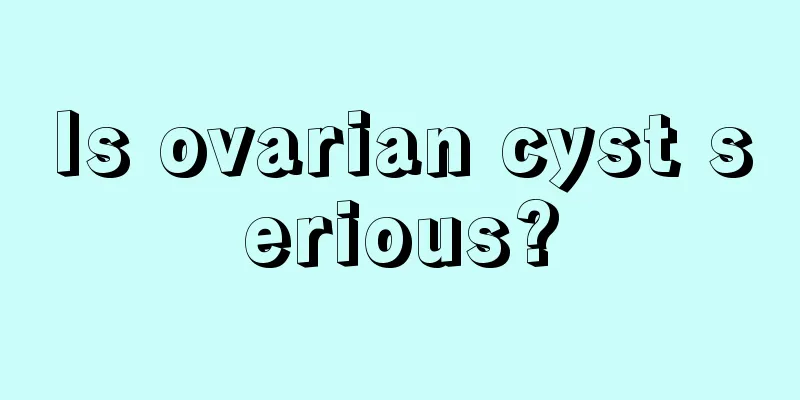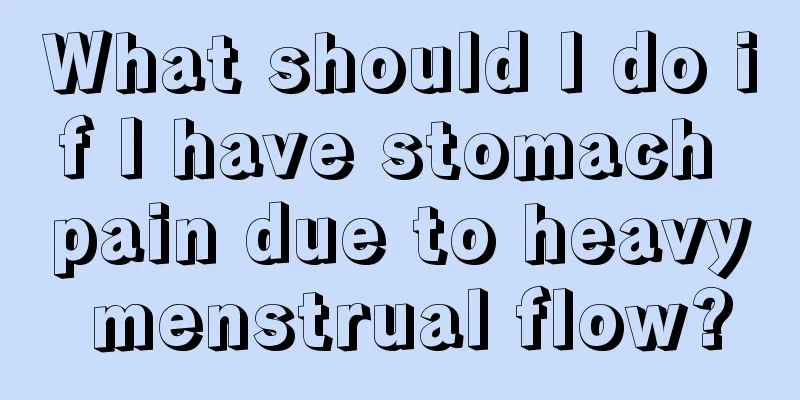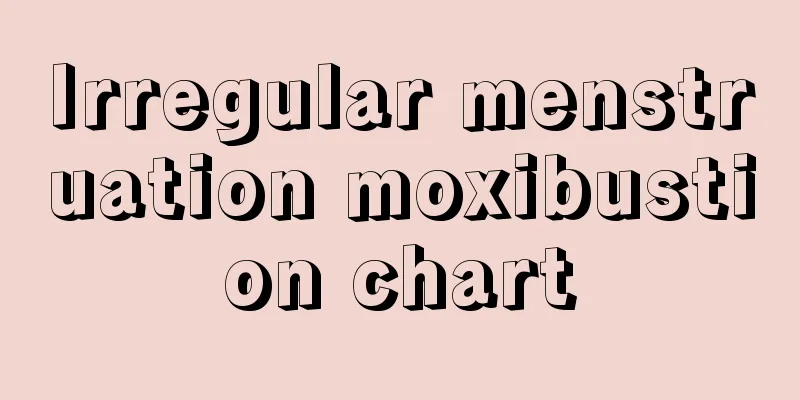How to treat iron deficiency anemia? Five steps

|
Iron is one of the important trace elements needed by the human body. If it is lacking, it can easily lead to iron deficiency anemia, which will affect human health and life. So how should iron deficiency anemia be treated? Array A. Increase animal food intake The direct way to prevent/treat iron deficiency or iron deficiency anemia is to increase dietary iron intake, mainly by consuming more iron-rich animal foods: such as pork liver, lean meat, eggs, animal whole blood, poultry, fish, etc. Vegetables do not contain high amounts of iron and their bioavailability is low. Iron deficiency anemia can be improved by increasing the intake of animal food, but it will also bring about problems of excess energy, protein, and lipids, so the iron supplementation diet must be moderate. B. Eat more foods rich in vitamin C Fresh vegetables and fruits are rich in vitamin C, which can increase the digestion and absorption rate of iron in the diet. Therefore, to prevent iron deficiency anemia, you should eat fresh vegetables and fruits regularly to promote the absorption of iron in the intestines. C. Iron-fortified foods Some iron-fortified foods currently on the market are also effective measures to improve iron nutrition, such as iron-fortified soy sauce and iron-fortified flour. People who are prone to iron deficiency, such as pregnant women, nursing mothers, infants, the elderly, and patients with gastrointestinal diseases, should supplement with iron-fortified foods or take iron supplements. D. Reduce factors that affect iron absorption Phytates, oxalates, carbonates and phosphates in plant foods can affect the absorption of iron. When eating vegetables rich in oxalate, you can blanch them in boiling water before cooking to reduce the oxalic acid content in the vegetables; the phytic acid-rich flour can be fermented to reduce the phytic acid content. Tannic acid in tea and polyphenols in coffee and cocoa can also affect the absorption of iron. People who are prone to iron deficiency, such as infants, pregnant women, nursing mothers, the elderly, and patients with gastrointestinal diseases should not eat or eat less of the above foods. Certain diseases, such as chronic digestive system diseases, parasitic infections, etc., may affect the absorption and utilization of iron. For iron deficiency caused by disease, iron should be supplemented in a timely manner in combination with the treatment of the primary disease. E. Oral iron supplementation After nutritional evaluation combined with clinical characteristics and physiological and biochemical examinations, if it is determined that trace elements are deficient and cannot be supplemented by daily diet, nutritional supplements can be taken in appropriate amounts, but the clinician's instructions should be strictly followed to avoid overdose. When iron is deficient, oral iron supplements such as ferrous sulfate, iron dextran, ferrous gluconate, and sorbitol iron can be used. |
<<: What are nipple diseases? Common sense for women
>>: How is ovarian cyst puncture performed?
Recommend
How to prepare for pregnancy if the progesterone concentration is not enough, and what should you pay attention to in your daily life
Progesterone is a gestational hormone and the mos...
What to do if your breasts hurt after feeding
I believe everyone knows the importance of breast...
What is the inflammation of yellow leucorrhea
Especially in the summer, women will feel that th...
How many days of bleeding is normal after hysteroscopy?
Nowadays, many female friends suffering from infe...
What should I do if my period is always unclean?
Some women have a long menstrual period, sometime...
Areola atrophy, pay attention to breast lesions
The areola is a structure that all human breasts ...
Where does costochondritis hurt in women?
Costochondritis is a disease with a high morbidit...
What happens if I drink alcohol during my period?
Women are like flowers, which can only bloom long...
Can I take Roxithromycin during menstruation?
Menstruation is a very important period for women...
Why can't the medicine flow down?
We can often see painless abortion surgery from t...
What to do if you have high blood pressure in a pregnant woman
If a mother suffers from high blood pressure duri...
Eating fermented rice wine during breastfeeding makes the baby stupid
Mothers should pay attention to their diet during...
Here are the answers to the dietary precautions for kidney stones
The occurrence of kidney stones is generally clos...
Is it good for pregnant women to take probiotics?
Probiotics are a relatively common nutritional su...
TCM treatment of pelvic inflammatory disease
Pelvic inflammatory disease is a relatively commo...









